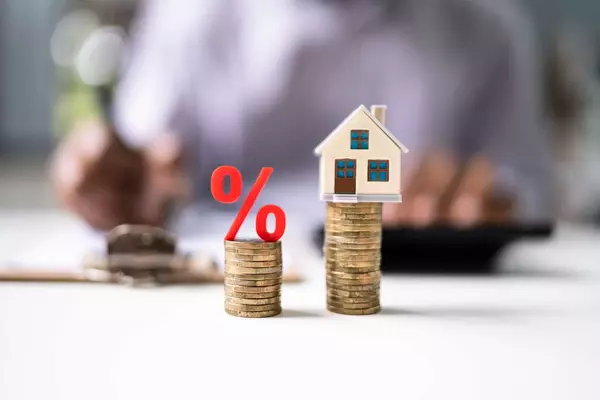
The Impact of Interest Rates on the Real Estate Market
The real estate market is a complex web of factors, but few elements exert as much influence as interest rates. Whether you're a first-time homebuyer, an investor, or simply curious about the market, understanding how interest rates affect real estate can empower you to make informed decisions. In t

Decoding Mortgage Rates: What Affects Your Costs?
When it comes to buying a home, mortgage rates play a crucial role in determining affordability. As a potential buyer, it is essential to understand the factors that influence these rates and how they can affect your purchasing power. In this blog post, we will delve into the various elements that c

3 Tips to Get the Best Mortgage Interest Rate
When it comes to buying a new property, one of the most important factors to consider is the mortgage interest rate. A lower interest rate can save you thousands of dollars over the life of your loan, making it crucial to secure the best rate possible. In this blog post, we will discuss three tips t
Categories
- All Blogs (106)
- Credit & Mortgage Prep (6)
- First Time Home Buyer (15)
- Home Appraisal & Valuation (26)
- Home Buying (58)
- Home Selling (47)
- Luxury Homes (66)
- Market & Design Trends (9)
- Mortgage & Financing (4)
- Mortgage Rates & Trends (6)
- Moving & Relocation (2)
- Renting & Leasing (3)
- Special Property Types (6)
- Staging & Home Prep (16)
Recent Posts










